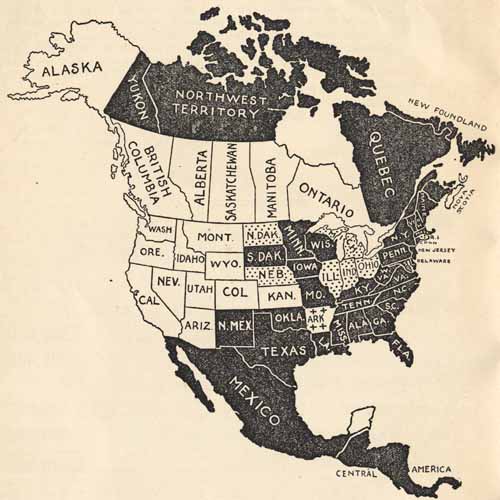O’Canada … In All Thy Son’s Command
Controversial? Yes. Necessary? Indeed.
O’Canada, In all of us command.
(Feb 2018 1408)
March 2010: An item in the Conservative throne speech about changing two words in ‘O’Canada’, created a significant negative response even though the suggested change is long overdue. It seems doubtful, at this time, that the government will follow through. It’s equally likely that within the next decade the change will be made.
While we in the ‘older’ generation are often accused of being out of touch with the times, it seems that getting stuck in a rut is not just the preserve of the older generation. If the current debate about changing the word ‘son’ to something gender neutral is used as the benchmark, the younger generation can be as equally stubborn.
 Creating gender equality has been a long, slow process for many countries including Canada. Replacing the word ‘son’ in our Anthem is a small but symbolically important part of the process.
Creating gender equality has been a long, slow process for many countries including Canada. Replacing the word ‘son’ in our Anthem is a small but symbolically important part of the process.
Think back to some of the earlier challenges in our evolving democracy:
• It was well into the 1920s1 before women began to gain enfranchisement across Canada. Enfranchisement is considered a basic right in a democratic society yet women had to wait 50 years following confederation before that right began to creep across Canada, with all Provinces entering by 1949.
• As recently as 50 years ago, women in a few Canadian provinces were prohibited from entering beer parlours. Even in the more ‘progressive’ provinces, women often had to enter via a designated entrance with an escort. They were then seated in a segregated section.2
• Well into the 1970s, it was difficult to convict a man of assaulting his wife or a domestic servant in ‘his’ household except in the most egregious of circumstances. Corporal punishment of a misbehaving child, servant and wife was an accepted practice.
• As of 2013 only children remain subject to corporal punishment at home. It was removed as an acceptable practice within schools in the late 1980’s).
• Until recent times, women in ‘common-law’ relationships were at a legal disadvantage with respect to a communal property.
We might wonder why these changes took so long. Perhaps it was best summed up by a good friend, a strong Conservative, who stated: “It’s a good thing I’m not in charge, otherwise we’d still be living in caves.”
Over time our society will continue to evolve and overcome inequality and women remain high on the list of those looking for legal and social change to balance the scales between men’s and women’s rights.
Our National Anthem has changed before, just as has our flag. It’s time to make the wording change in our National Anthem.
Harold McNeill
Victoria, BC
March 2010
1 The black areas of the “sufferage map” shows the Provinces and States in North and Central America that were still “working” on achieving full suffrage for women as late as the 1920s. Area’s in white had achieved full suffrage.
2 As recent as the 1950s, when I was a teenager, women were prohibited from entering bars in Saskatchewan. Mom, Louise and I used to wait in the lobby while dad had a beer.
Note: Photos and cartoons were searched out on the internet.
1950 .. The next thing you know, women will want to play hockey! Not possible, it’s far too dangerous for their fragile bodies…
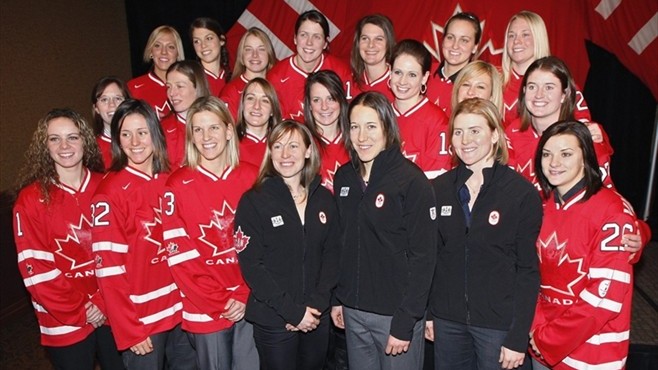

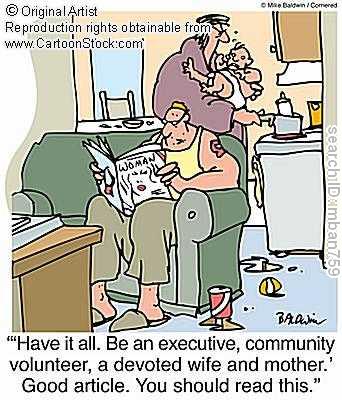


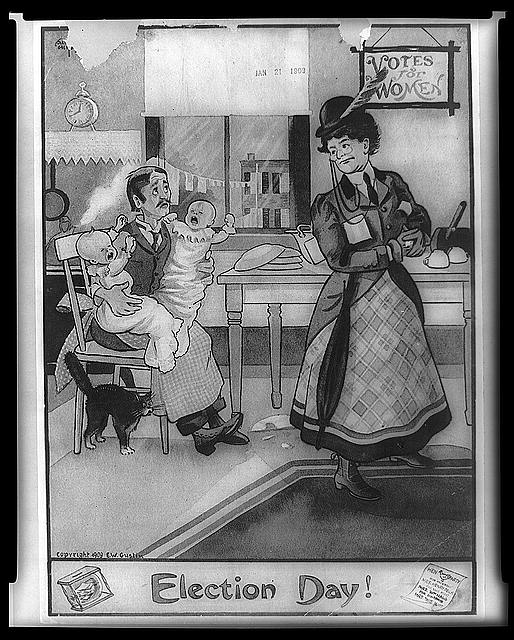

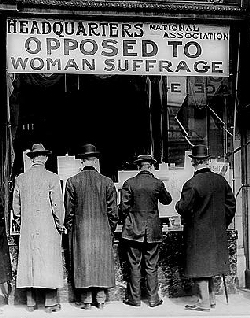
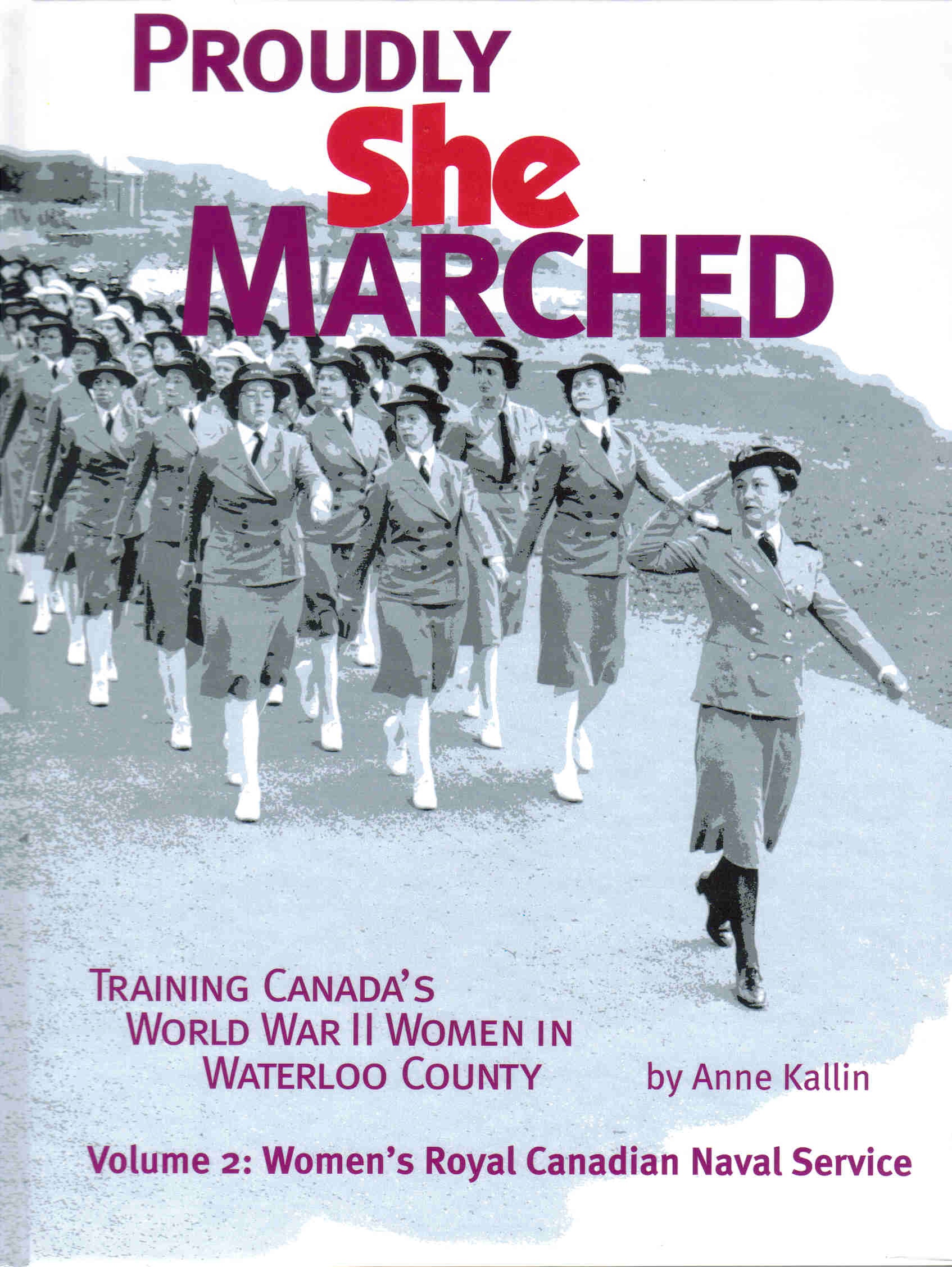

(1811)
Trackback from your site.



